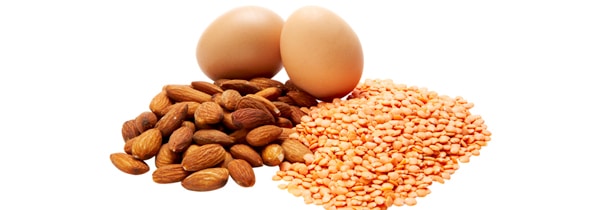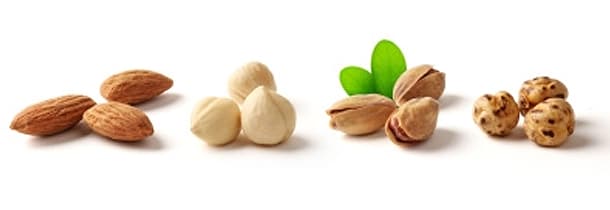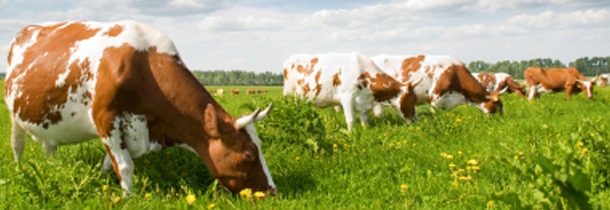Vegetarian Protein: There Is More Than Just Meat
Vegetarian Protein
When you hear the word protein it is usually associated with meat, but in reality it is contained in many foods including vegetarian sources. Whether you are considering a vegetarian diet or would like some meat-free protein options sourcing protein from vegetarian sources is very easy to do.
10 October, 2014





